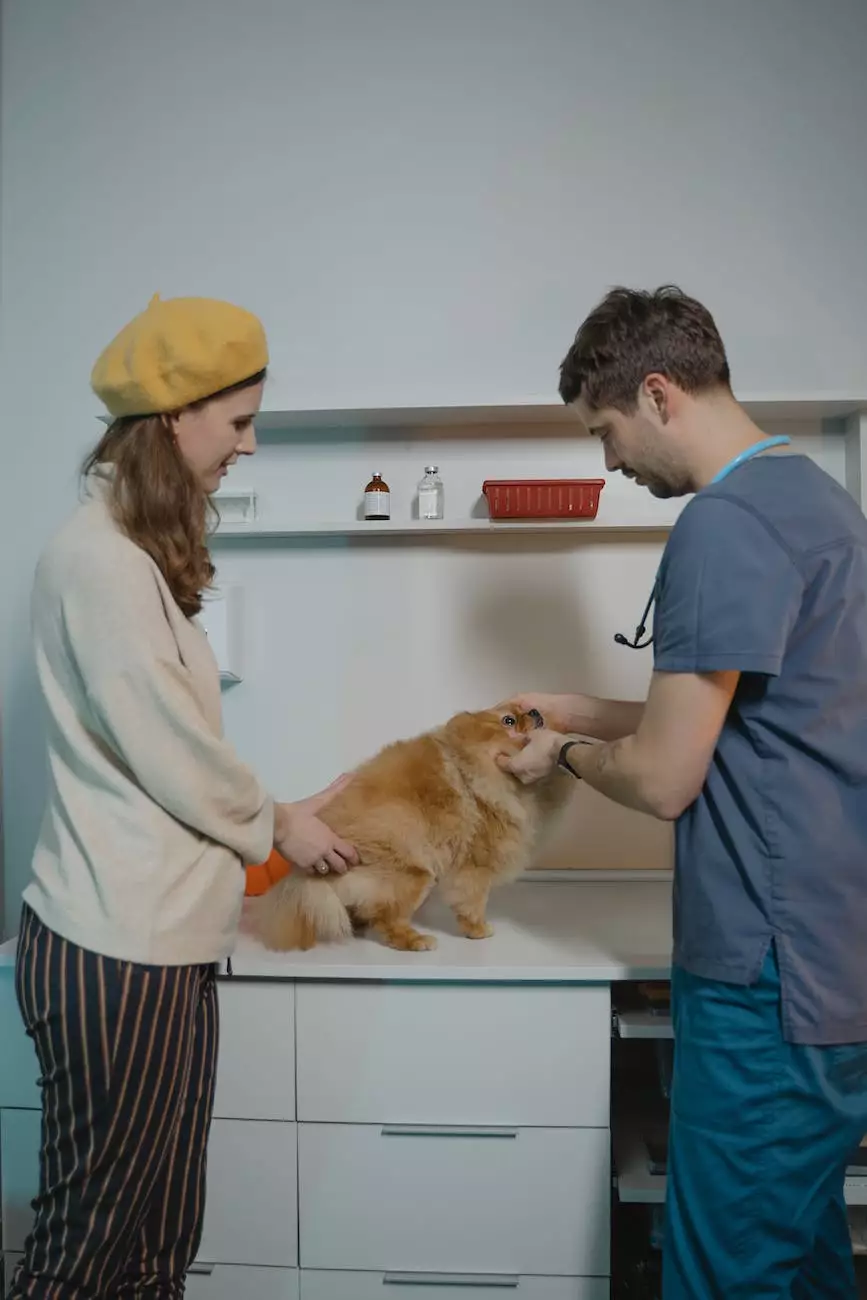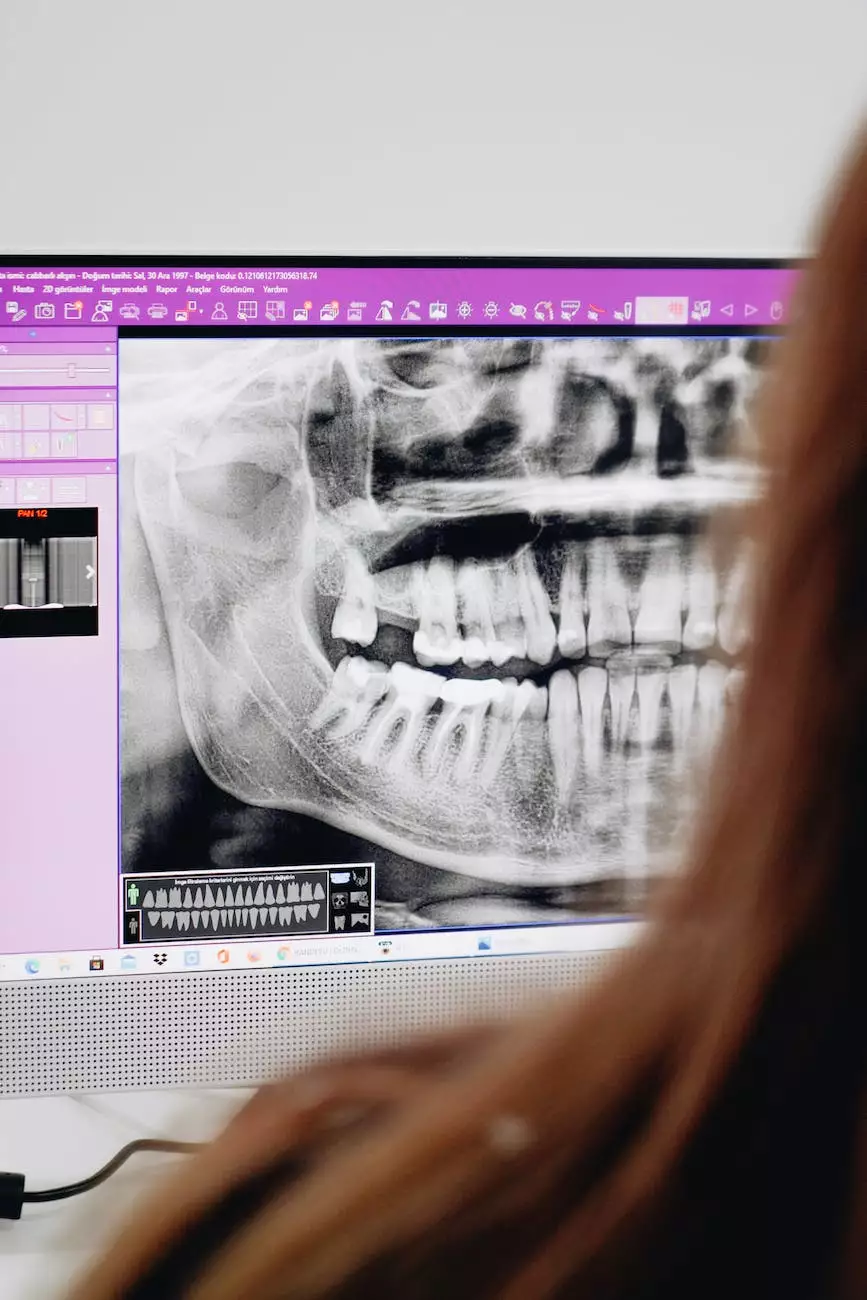How to Act FAST to Save Stroke Victims
Emergency Response
The Importance of Quick Action in Stroke Situations
When it comes to stroke cases, time is of the essence. Acting fast can make all the difference in saving a stroke victim's life and reducing the chances of lasting damage. Richard Martinez, MD, an acclaimed expert in the field of neurology and stroke care, shares invaluable insights and tips for acting swiftly and effectively during stroke emergencies.
Understanding Strokes and Their Impact
Strokes are a medical emergency that occurs when blood flow to the brain is disrupted. This disruption can result from a blocked artery (ischemic stroke) or the rupture of a blood vessel (hemorrhagic stroke). Regardless of the type, strokes require immediate attention, and recognizing the symptoms is crucial.
Familiarizing Yourself with Stroke Symptoms
Recognizing stroke symptoms is key to acting fast. Common signs of a stroke include:
- Facial drooping: One side of the face droops or feels numb
- Arm weakness: Weakness or numbness in one arm
- Speech difficulties: Slurred speech or difficulty speaking coherently
- Time to call emergency services: If someone exhibits any of these symptoms, immediately call emergency services and report a potential stroke case.
The FAST Acronym for Stroke Awareness
Dr. Martinez emphasizes the importance of the FAST acronym as a helpful tool in stroke recognition:
- F: Face drooping - Ask the person to smile and check for asymmetry
- A: Arm weakness - Ask the person to raise both arms and observe for any arm drifting
- S: Speech difficulties - Ask the person to repeat a simple phrase and listen for slurred or garbled speech
- T: Time to act - If any of these symptoms are present, immediately call emergency services
Immediate Actions to Take When a Stroke Occurs
Once you suspect someone is having a stroke, Dr. Martinez advises following these steps:
- Call emergency services: Dial emergency services right away and provide them with important details about the situation.
- Stay calm: Keep the environment as calm as possible to avoid exacerbating the stroke victim's stress levels.
- Do not give anything to eat or drink: Refrain from giving the stroke victim food or drink to prevent aspiration.
- Make the person comfortable: Help the stroke victim lie down and ensure their head is elevated slightly.
- Record the time: Note the time when the stroke symptoms started, as this information will be crucial for medical professionals.
Preventing and Reducing the Risk of Stroke
In addition to knowing how to respond to a stroke emergency, it is important to take preventive measures to reduce the risk of stroke:
Achieving a Healthy Lifestyle
Leading a healthy lifestyle plays a significant role in stroke prevention. Dr. Martinez advises:
- Engage in regular physical activity: Aim for at least 150 minutes of moderate aerobic exercise each week.
- Follow a balanced and nutritious diet: Choose foods low in saturated fats, trans fats, cholesterol, and sodium.
- Maintain a healthy weight: Obesity increases the risk of stroke, so it is important to maintain a healthy weight range.
- Avoid smoking and limit alcohol consumption: Smoking and excessive alcohol intake can significantly increase the risk of stroke.
- Monitor and manage health conditions: Conditions such as high blood pressure, diabetes, and high cholesterol should be closely monitored and managed with the help of healthcare professionals.
Regular Check-Ups and Medication Adherence
Regular medical check-ups and adherence to prescribed medications are vital in stroke prevention. Dr. Martinez recommends:
- Schedule routine check-ups: Regularly visit your healthcare provider for screenings and check-ups to monitor your overall health.
- Follow prescribed medications: If you have been prescribed medications to manage blood pressure or other conditions, take them as directed.
- Be aware of potential side effects: Educate yourself about the possible side effects of medications and report any concerns promptly to your healthcare provider.
Expert Guidance and Care from Richard Martinez, MD
Richard Martinez, MD, is a renowned neurologist specializing in stroke care and prevention. With a passion for improving patient outcomes, Dr. Martinez is dedicated to providing comprehensive stroke education and guiding individuals on how to act fast to save stroke victims.
If you are looking for expert stroke advice tailored to your specific needs, we invite you to contact Dr. Martinez's team at [insert contact information]. Take action today and equip yourself with the knowledge necessary to save lives in stroke emergencies!




